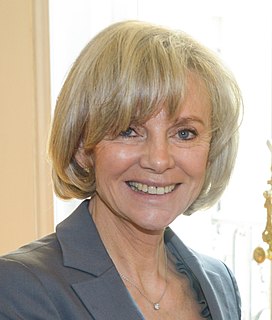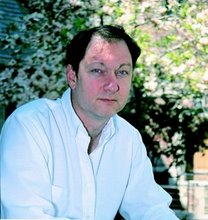A Quote by Bashar al-Assad
There's a difference between a mistake or even a crime that's been committed by an individual, and between a policy of crime that's been implemented or adopted by a government.
Quote Topics
Related Quotes
If it comes to a question of law, the charges they brought against me - the Espionage Act - is called the quintessential political crime. A political crime, in legal terms, is defined as any crime against a state, as opposed to against an individual. Assassination, for example, is not a political crime because you've killed a person, an individual, and they've been harmed; their family's been harmed. But the state itself, you can't be extradited for harming it.
Mothers know the difference between a broth and a consommé. And the difference between damask and chintz. And the difference between vinyl and Naugahyde. And the difference between a house and a home. And the difference between a romantic and a stalker. And the difference between a rock and a hard place.
I think there is a lot of crime caused by desperation, and it doesn't mean that people commit crime because they're poor, but certainly a lot of people who are poor commit crime and they might not if they weren't poor. You understand the difference there? That's not news, but it comes up when I hear people say poverty doesn't affect crime - that crime is still going down in America even though the economy is bad.
In theory, if a gun is left at the scene of a crime, licensing and registration will allow a gun to be traced back to its owner. But, amazingly, despite police spending tens of thousands of man-hours administering these laws ... there is not even a single case where the laws have been instrumental in identifying someone who has committed a crime.
Every time a crime was committed by a Muslim, that person's faith was mentioned, regardless of its relevance. When a crime is committed by a Christian, do they mention his religion? ... When a crime is committed by a black man, it's mentioned in the first breath: 'An African American man was arrested today...' But what about German Americans? Anglo Americans? A white man robs a convenience store and do we hear he's of Scottish descent? In no other instance is the ancestry mentioned.
During the Great Depression, levels of crime actually dropped. During the 1920s, when life was free and easy, so was crime. During the 1930s, when the entire American economy fell into a government-owned alligator moat, crime was nearly non-existent. During the 1950s and 1960s, when the economy was excellent, crime rose again.
Once I got interested in organized crime, and, specifically, Jewish organized crime, I got very interested in it. I have learned that, like my narrator Hannah, I'm a crime writer in my own peculiar way. Crime with a capital "C" is the subject that I'm stuck with - even Sway is about "crime" in a certain way. The nice thing about crime is that it enables you to deal with some big questioO











































